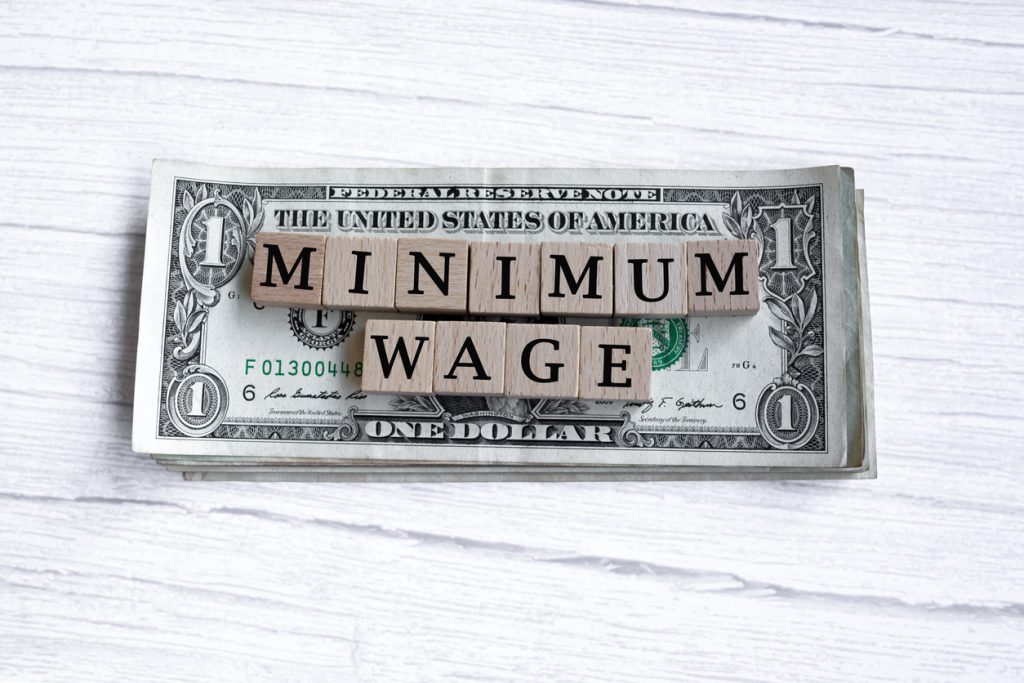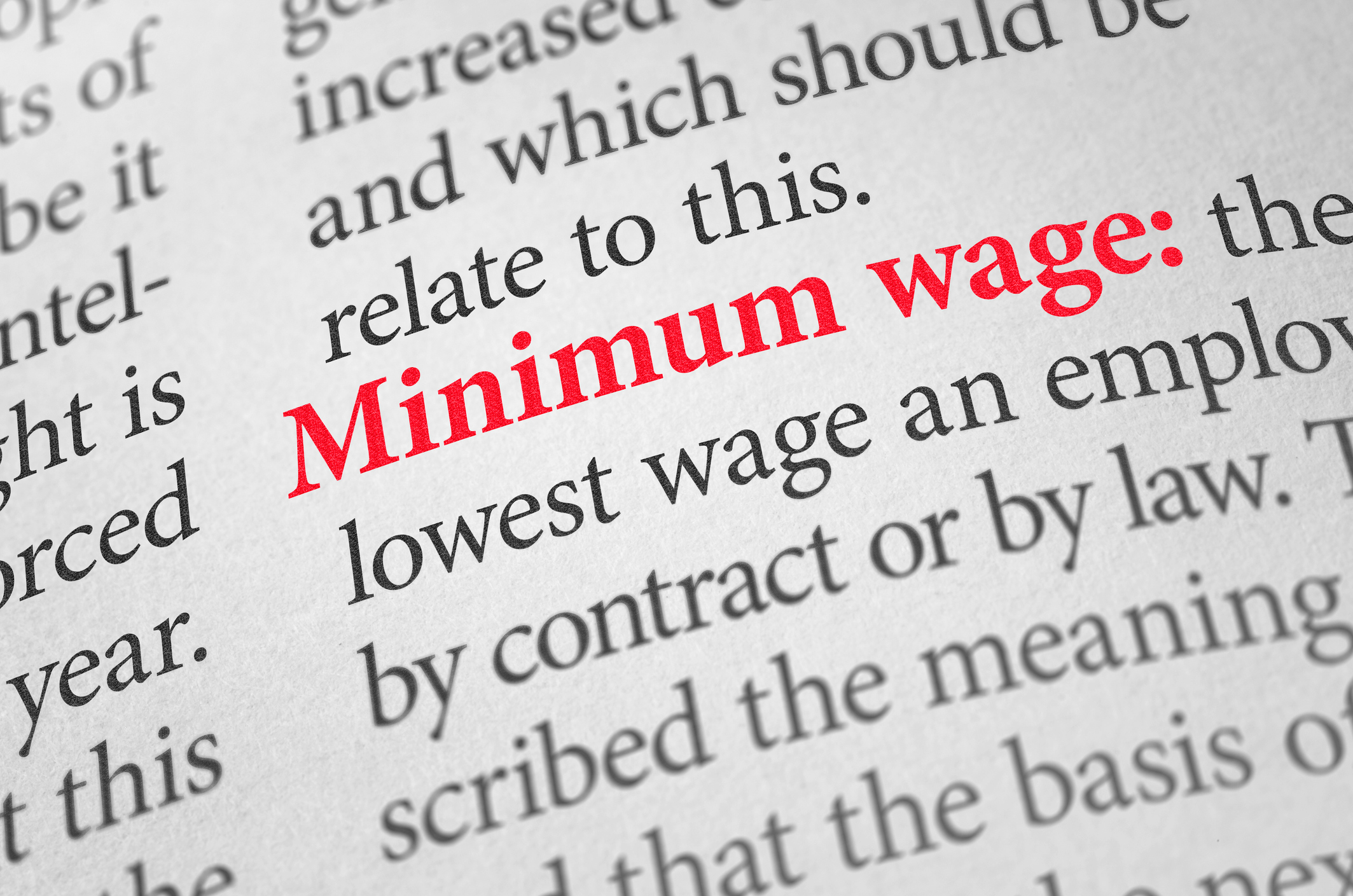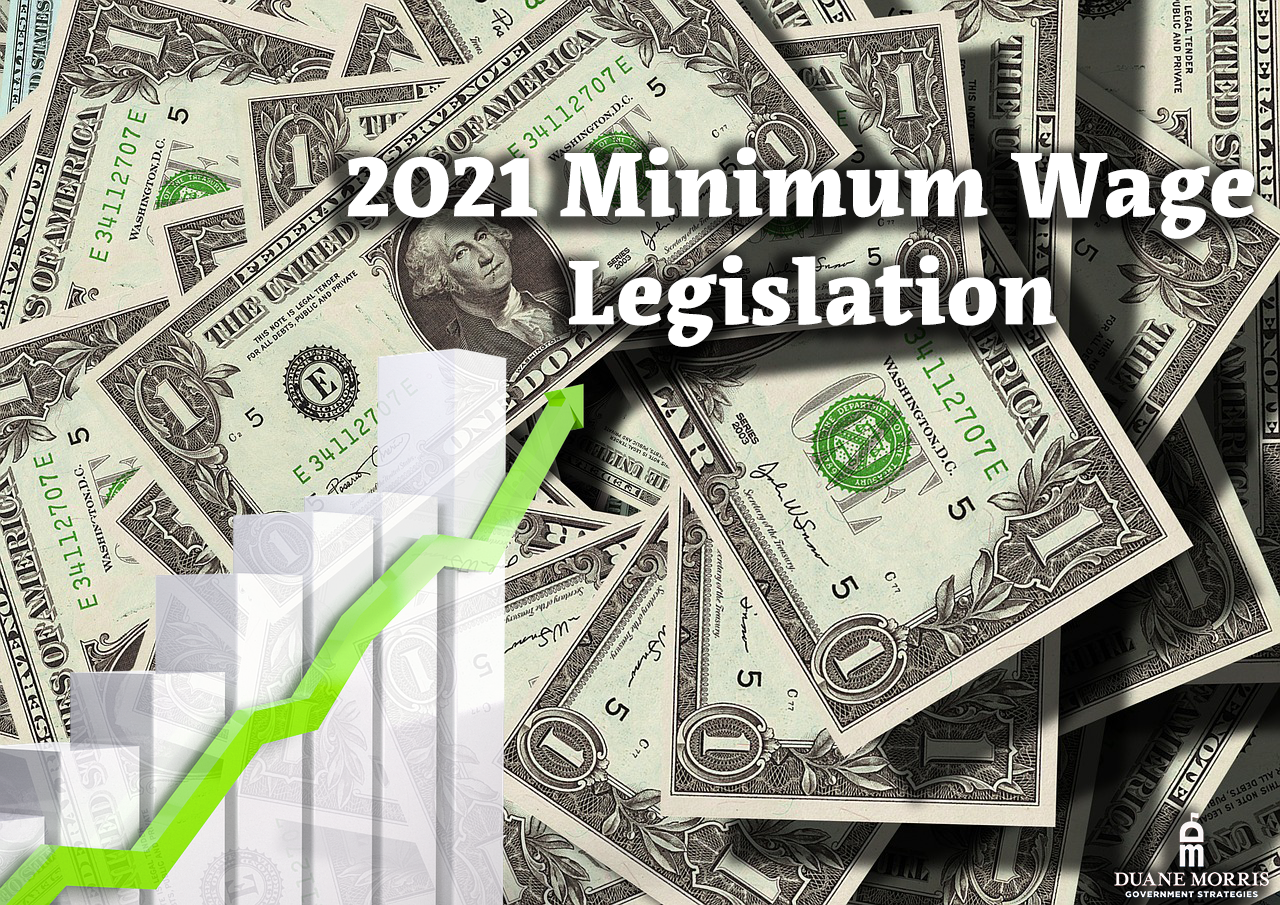
In 2022, there has been a sizable amount of legislative activity surrounding state minimum wages across the country, following a flurry of activity in 2021. Most recently, voters in the midterm elections were able to directly impact their respective state’s minimum wage, with Nebraska, Nevada, and the District of Columbia all voting on separate ballot measures in this year’s election. These measures follow a larger push at the legislative level to increase minimum wages this year. While the federal minimum wage remains at $7.25, 26 states saw an increase in their minimum wages in 2022. Numerous states have sought to combat inflation with inflation-based minimum wage increases, many of which went into effect on January 1st. A complete list of each state’s change(s) can be found here. Four states—Maine, Montana, Ohio, and Vermont—adjust their minimum wages annually based on the Consumer Price Index.
Louisiana
Louisiana attempted to pass a series of bills in the 2022 legislative session, which all hoped to increase the minimum wage within the state. Some of these bills gathered support, but all failed to pass. House Bill 229 proposed a constitutional amendment establishing a minimum wage of $11.65 in Louisiana. House Bill 311 would have set the minimum wage at $10 an hour, going into effect in 2023 and increasing to $12 an hour the following year. HB 472, HB 880, and HB 1013 were all further attempts by legislators to increase the state minimum wage, all fluctuating in their final hourly wages. For example, HB 880 proposed incremental increases in the minimum wage until a final hourly salary of $15 was reached in 2026, while HB 1013 would have established a fixed hourly rate of $9.
Nebraska
Nebraska proposed Initiative 433, a ballot measure that sought to increase the minimum wage by $1.50 annually until 2026, in an attempt to combat rising inflation. The measure was passed by voters, 58.64% to 41.36%. After 2026, the new minimum wage will be tied to the Consumer Price Index and adjusted annually for inflation.
Nevada
In the November election, Nevada voters approved Question 2 (55.18% to 44.82%), a ballot measure set to raise the minimum wage to $12 an hour, which goes into effect in 2024. The ballot measure would disassemble the current two-tiered minimum wage system. This unique model allows for some flexibility for employers regarding offering health care and two-tiered wages. Question 2, which goes into effect in 2024, also allows legislators to set a higher minimum wage.
Washington, D.C.
Voters in Washington, D.C., also approved a measure, Initiative 82, that adjusts the minimum wage for tipped workers. Presently, employers are permitted to pay those who earn tips $5.35 per hour, which is lower than the rate for regular minimum-wage workers. Under the passed-Initiative, hourly rate for tipped workers will gradually increase to $16.10 by 2027.
Latest News
Photo credit: iStock.com/Zerbor Could your state raise its minimum wage in 2023 or in the near future? In 2021, the Pew Research Center reported that six-in-ten U.S. adults (62%) favored raising the federal minimum wage [...]
Digital collage by Ryan Stevens; image sources by Gerd Altmann & Mediamodifier from Pixabay The current federal minimum wage for covered nonexempt workers is $7.25 per hour. However, many states have their own minimum wage laws. For [...]




Stay In Touch